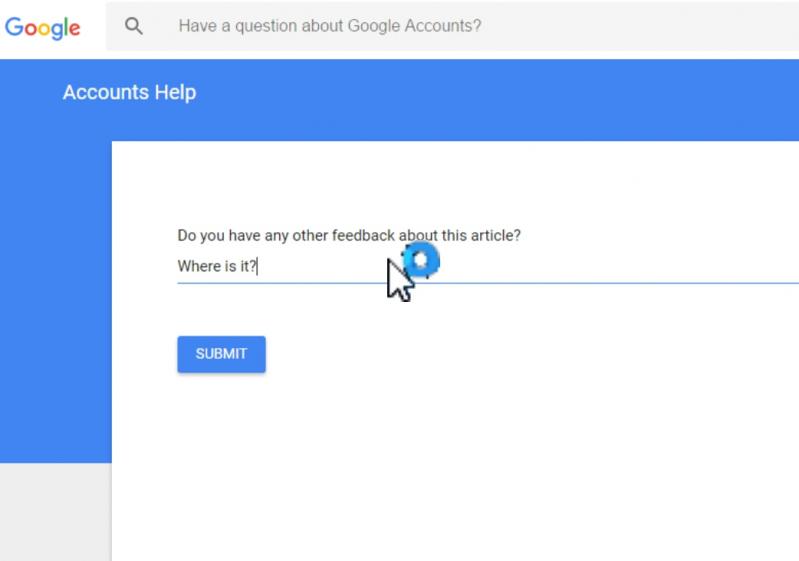Ranter
Join devRant
Do all the things like
++ or -- rants, post your own rants, comment on others' rants and build your customized dev avatar
Sign Up
Pipeless API

From the creators of devRant, Pipeless lets you power real-time personalized recommendations and activity feeds using a simple API
Learn More
Comments
-
 ax1s24818y@g-m-f MySQL doesn't provide the analytics, whereas, SQL Express does, that would be an added feature as my firm would be requiring that in future I guess.
ax1s24818y@g-m-f MySQL doesn't provide the analytics, whereas, SQL Express does, that would be an added feature as my firm would be requiring that in future I guess.
Still I'm confused... :( -
If you want make developers and data analysts happy go for postgreSQL
https://en.wikipedia.org/wiki/...
however if you want to predict wich parts are gonna break in the future check this out.
http://probcomp.csail.mit.edu/bayes... -
 ymas4718yFrom what you said so far, it is not easy to make recommendations. Before you start looking at the technology stack, you need to understand what the system is supposed to do. Ask the people in your company what sort of data do they want the system to produce? What sort of questions will they expect the system to answer? Every DBMS has its strengths and the tool you use depends on the problem. To a certain extent it also depends on available expertise. Cost is another major factor. So I guess the answer to your question is: "it depends".
ymas4718yFrom what you said so far, it is not easy to make recommendations. Before you start looking at the technology stack, you need to understand what the system is supposed to do. Ask the people in your company what sort of data do they want the system to produce? What sort of questions will they expect the system to answer? Every DBMS has its strengths and the tool you use depends on the problem. To a certain extent it also depends on available expertise. Cost is another major factor. So I guess the answer to your question is: "it depends". -
 Huuugo24898yFactors to consider :
Huuugo24898yFactors to consider :
- Price (immediate and recurring)
- Popularity (easier to find support)
- Scalability (e.g. compatibility to cloud DB solutions for possible later migration)
- Performance aspects (read, write, batch stuff)
- Analytics
- Staff experience
- Upstream development and bugfixing speed -
 ymas4718yYou need to get more details, whenever you say the word batch, that means you're introducing structural decay in your system (not always, but 99.9% of the time from my experience). You need to have a better idea about the afferent and efferent coupling in your system. Pretty much any DBMS can potentially do the list of things you mention. Have you guys looked at existing CRM solutions? What's wrong with them?
ymas4718yYou need to get more details, whenever you say the word batch, that means you're introducing structural decay in your system (not always, but 99.9% of the time from my experience). You need to have a better idea about the afferent and efferent coupling in your system. Pretty much any DBMS can potentially do the list of things you mention. Have you guys looked at existing CRM solutions? What's wrong with them? -
SQL Server Express is free but a bit limited (restrictions on DB size (10GB) and amount of hardware you can throw at it (it can only use 1 socket and 1 GB ram) but should be a very suitable choice if migrating from Access, it will also be very easy to migrate to the higher end SQL Server editions later on if the requirements change.
There is pretty much no reason to use MySQL today imo, If you want an opensource sql database go with PostgreSQL (it is miles ahead of MySQL these days). If you want enterprise support then Microsoft is a lot easier to deal with than Oracle. -
Your outsourced IT specialists will (only) know and support Microsoft products, they will put their best sales team on to convince your higher ups as they see this as a lucrative support contract going forward. You stand little chance of exploring any other options. My advice would be to document a specific brief and objectives of the transition and seek advice from a wider gamut and not rely solely on the narrow recommendation before inking any deals. Making the right choices based on the right information is the only way to go and is the wisest choice for you and your company.
-
 ax1s24818y@ClemFrieckie I read somewhere where it states 10GB per database file.
ax1s24818y@ClemFrieckie I read somewhere where it states 10GB per database file.
So that means you can have multiple databases but with max size per database of 10GB
Related Rants

 Well... Erm...
Well... Erm...
Hello devs, I need help from database devs.
The company where I'm interning is a non IT company, so they planned to migrate to a SQL Database from their older MS Access Database.
Since I'm the only IT intern, I'm up against the major devs and hot shots from where my company outsources IT solutions.
They suggested SQL Express.
I have a meeting tomorrow with them, please help me so that I can get better results for my company.
Basically I have to question them about how their decision works better for our firm and why didn't we go for MySQL Enterprise Edition or anything which is much better and cheaper and such critical questions.
Please help me.
The Database would be used to store information about the products manufactured and their parts' history so that in future if there's a problem with the product, it can be looked up in the database so that there can be further replacement or repair processes.
undefined
help me
sql server
dbms
mysql enterprise
help